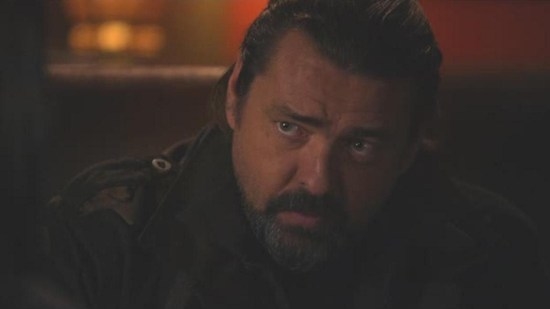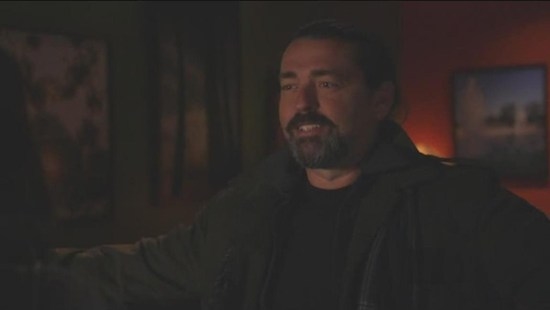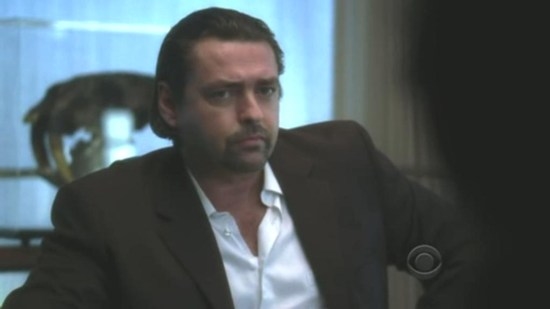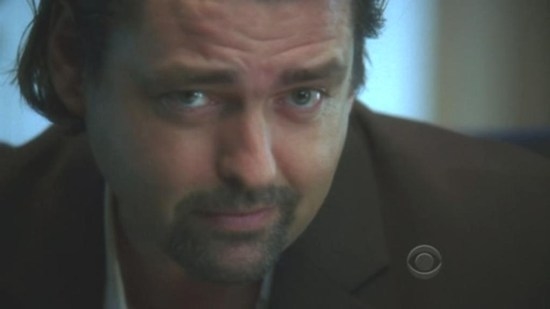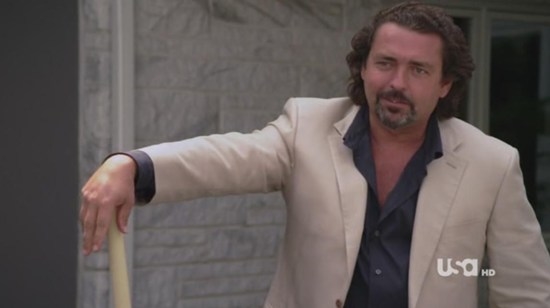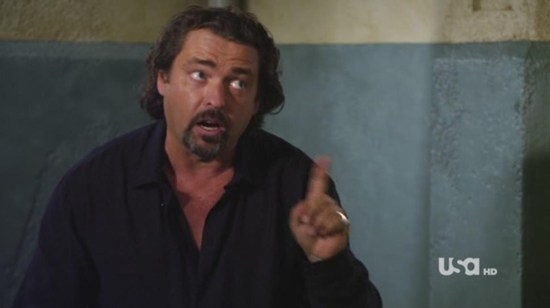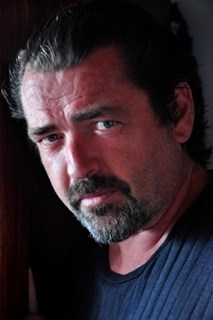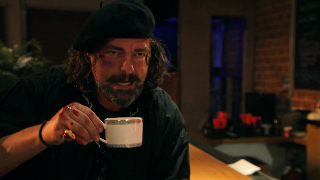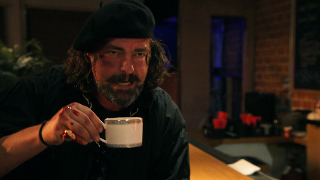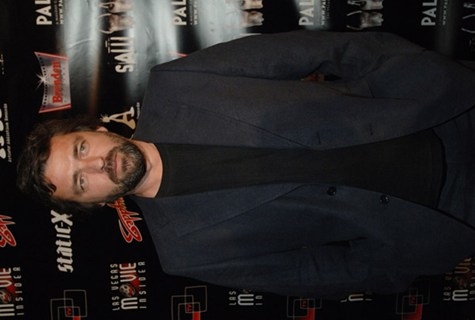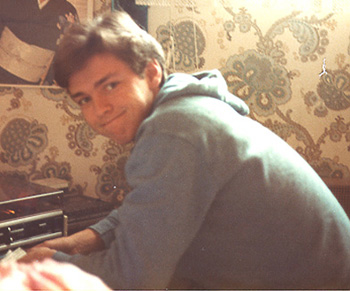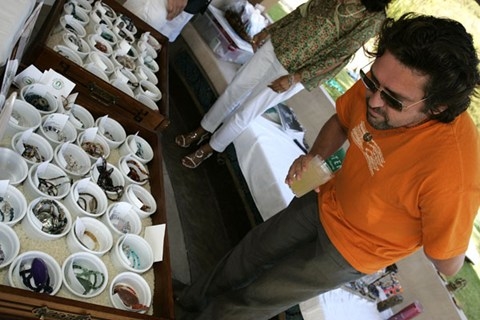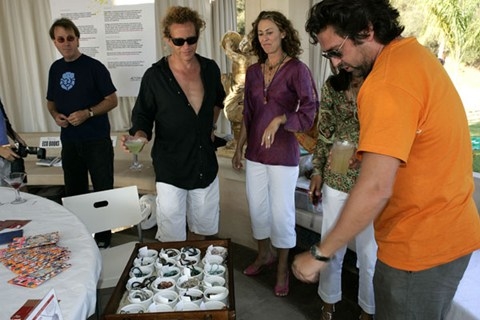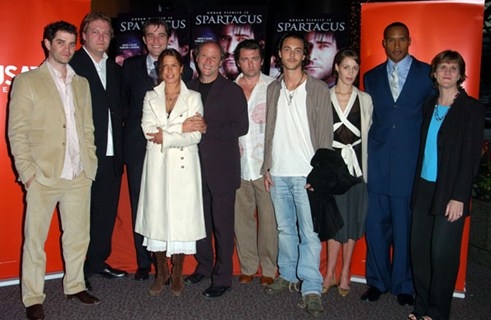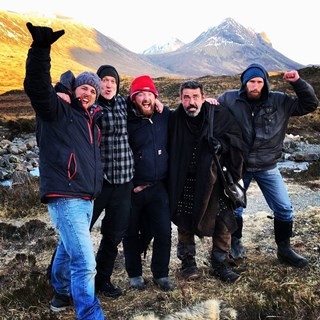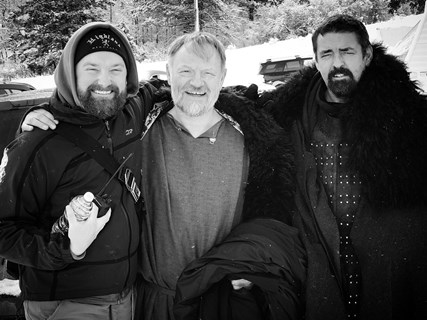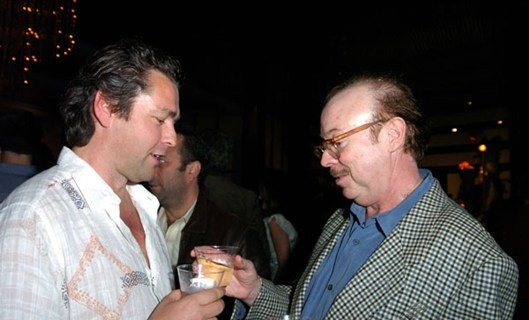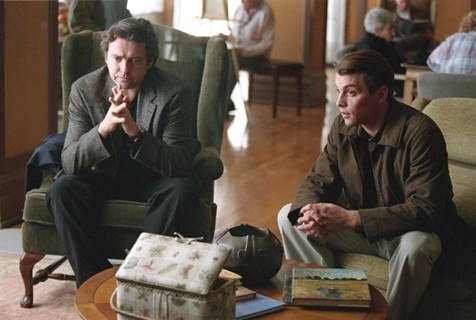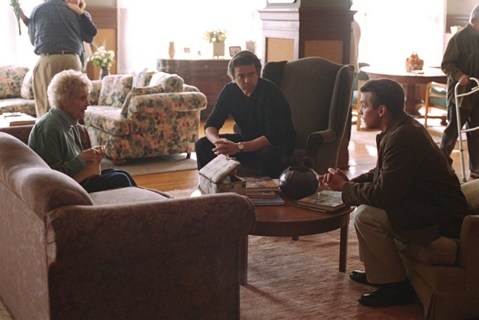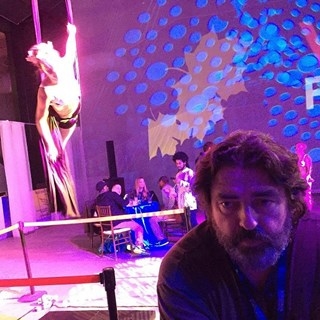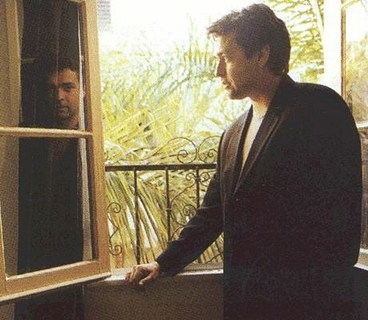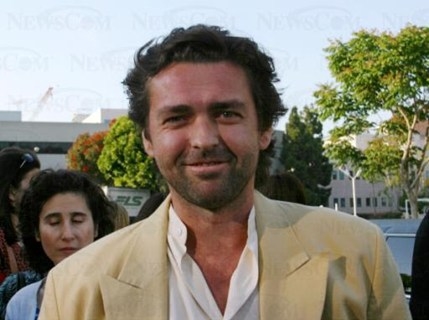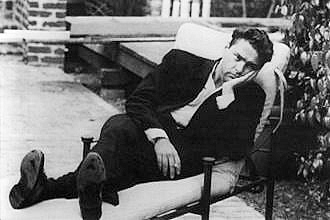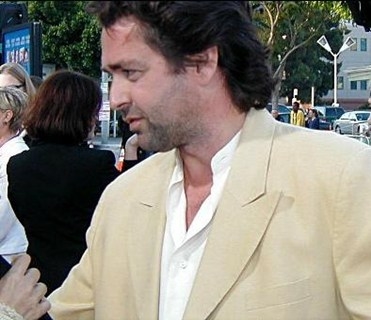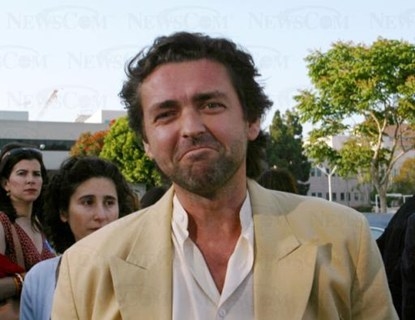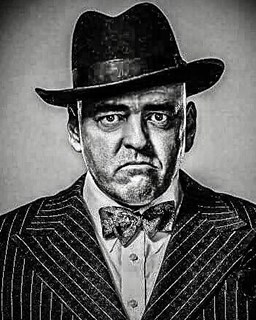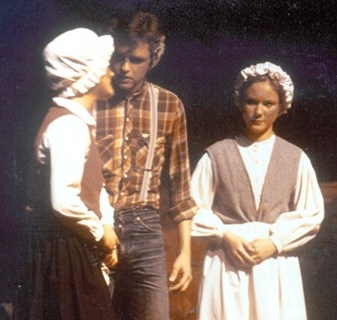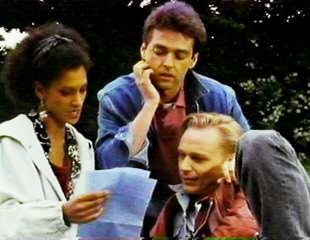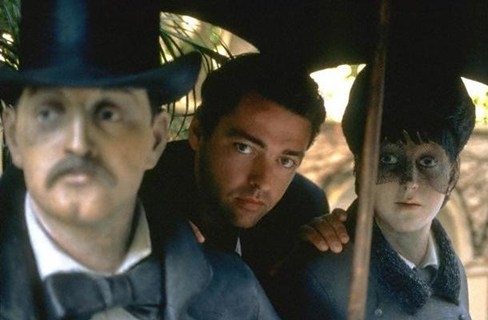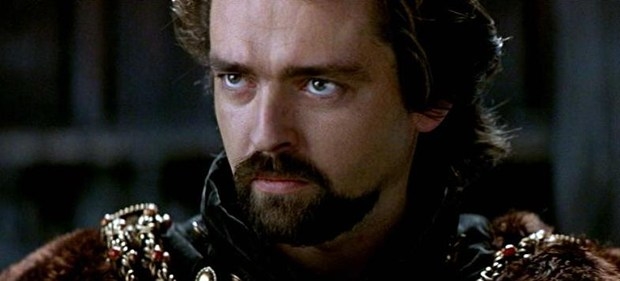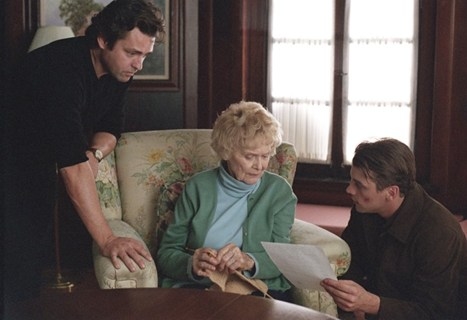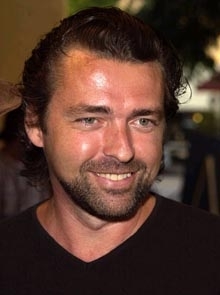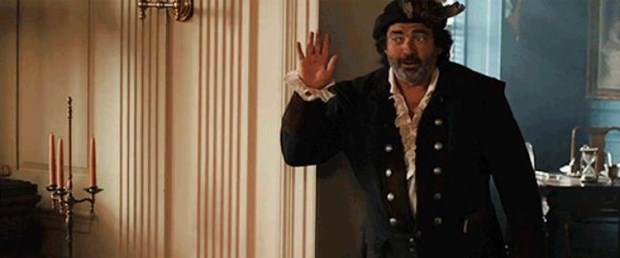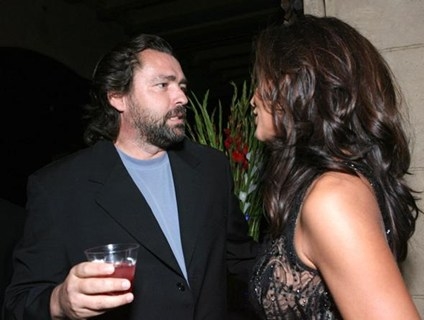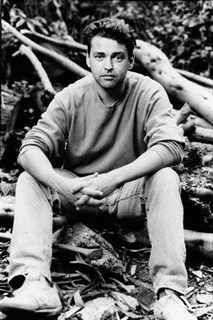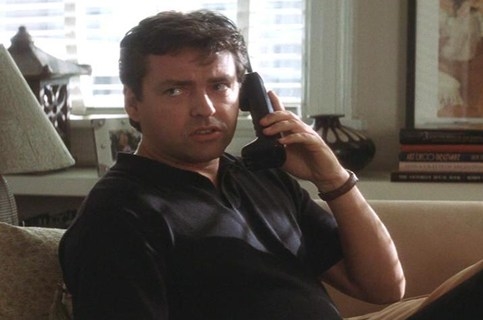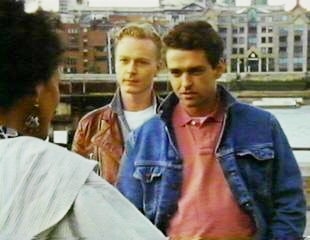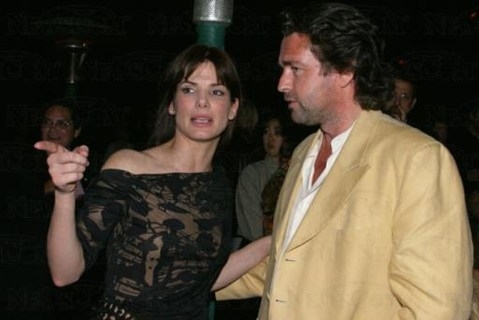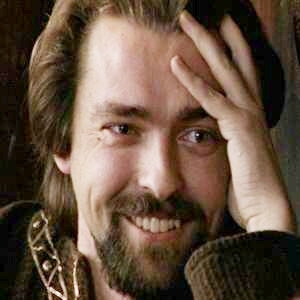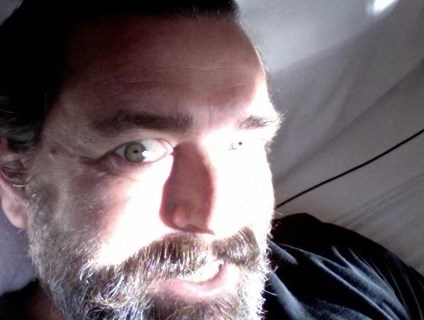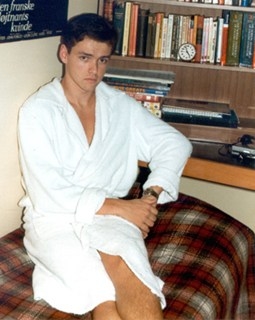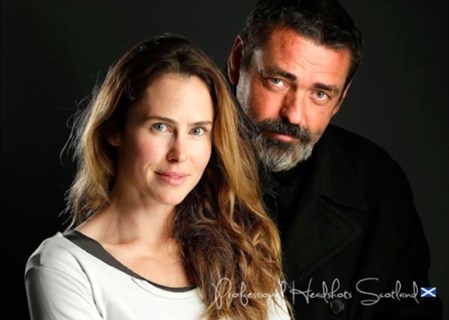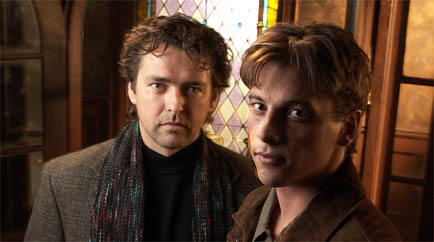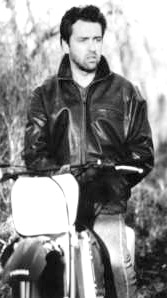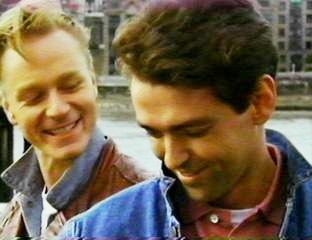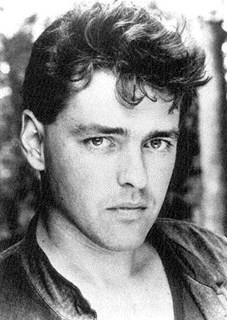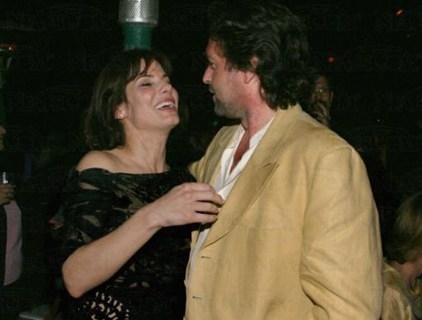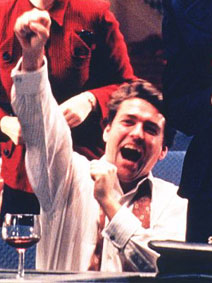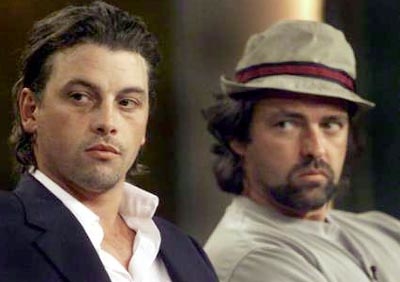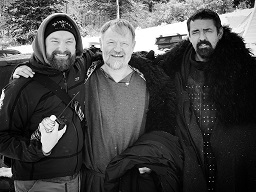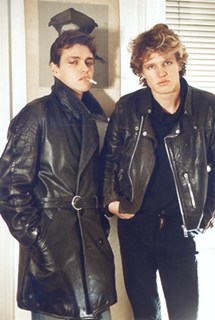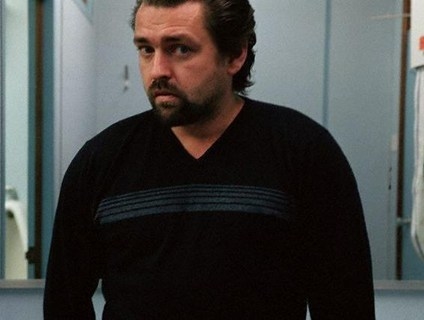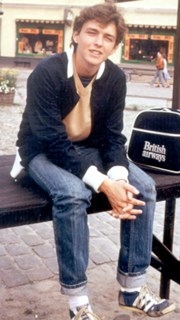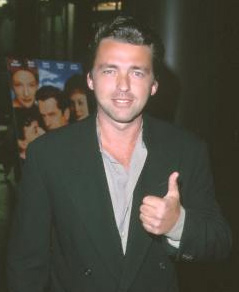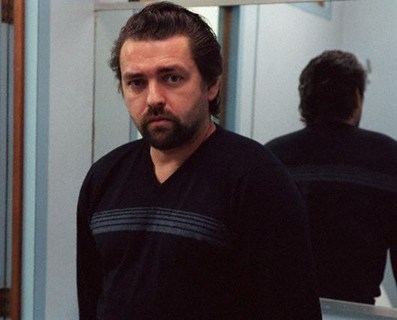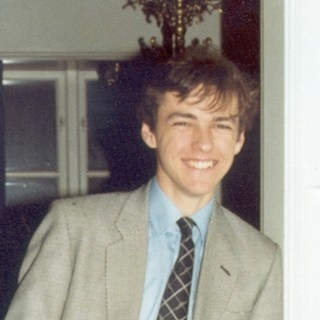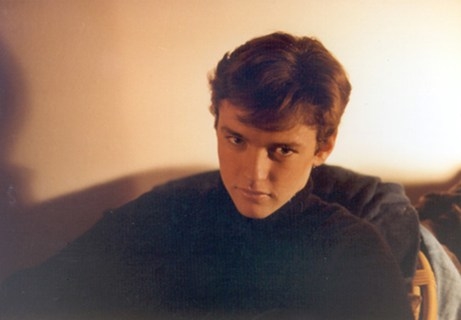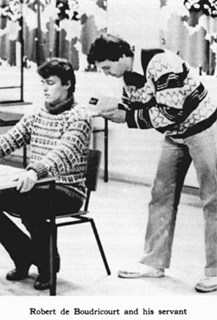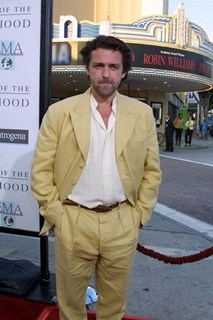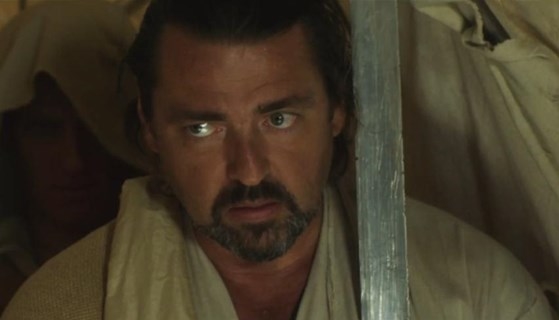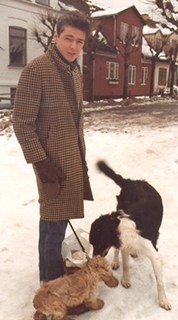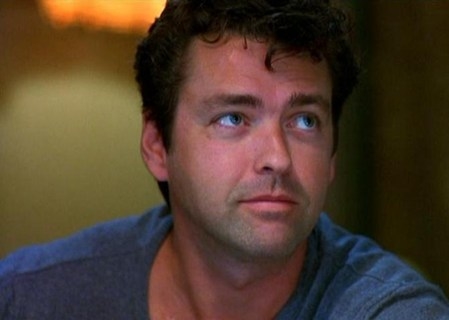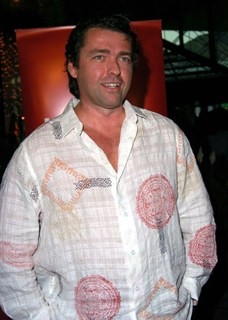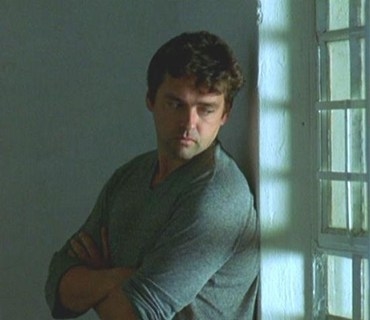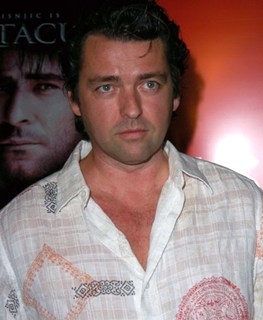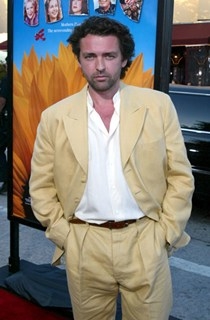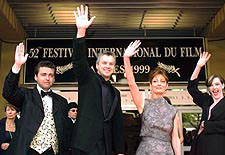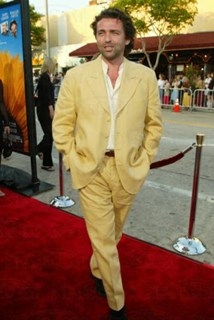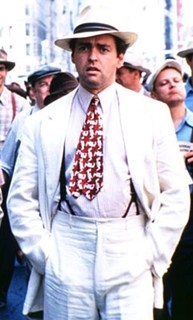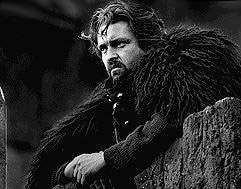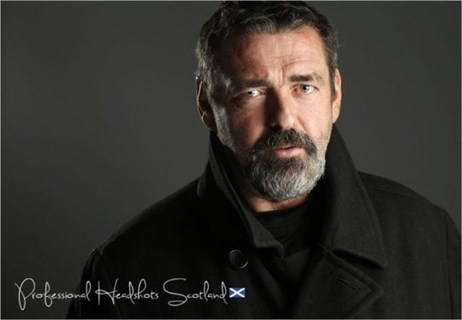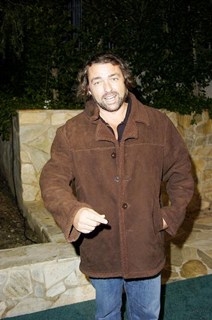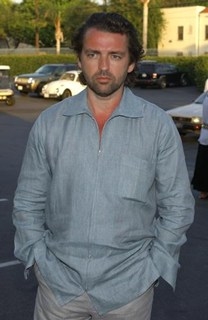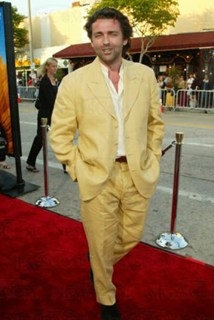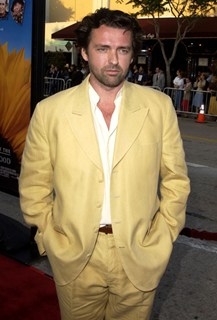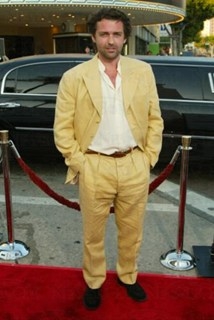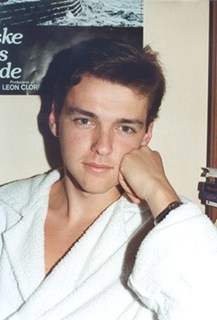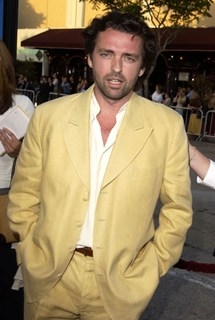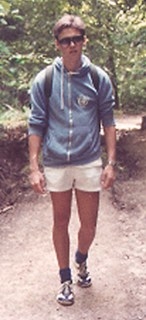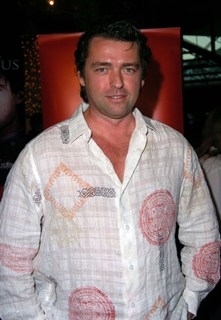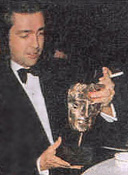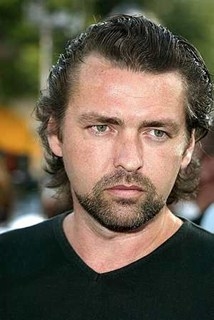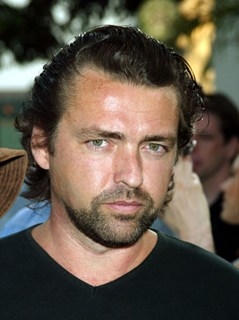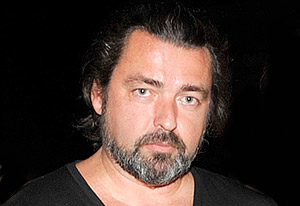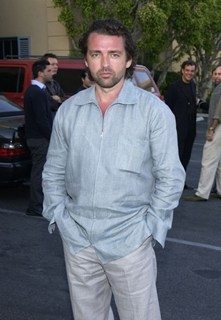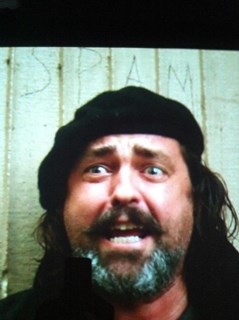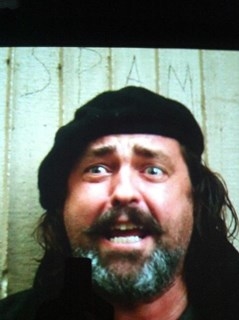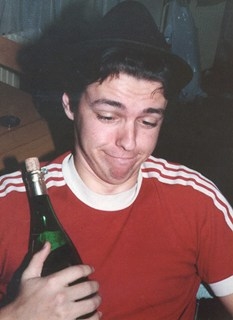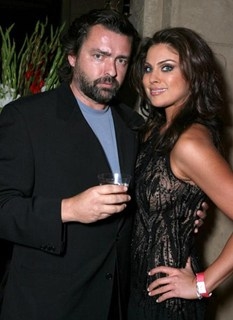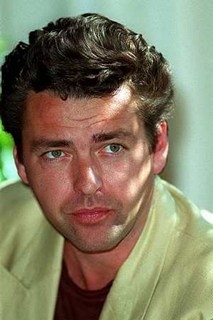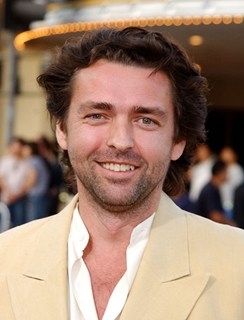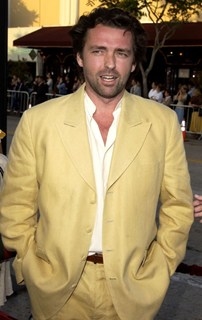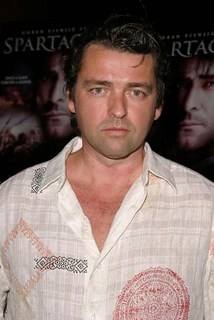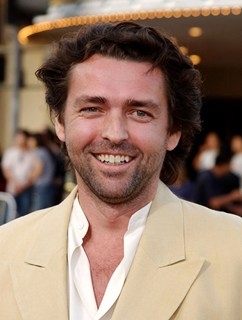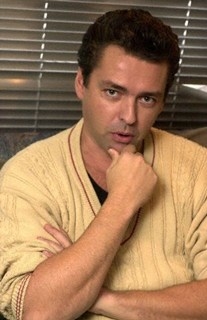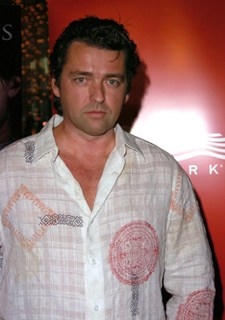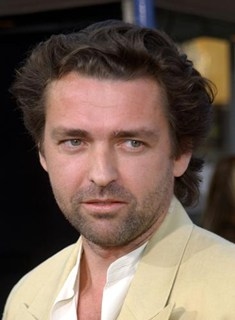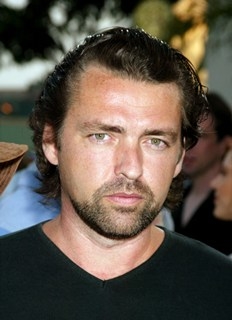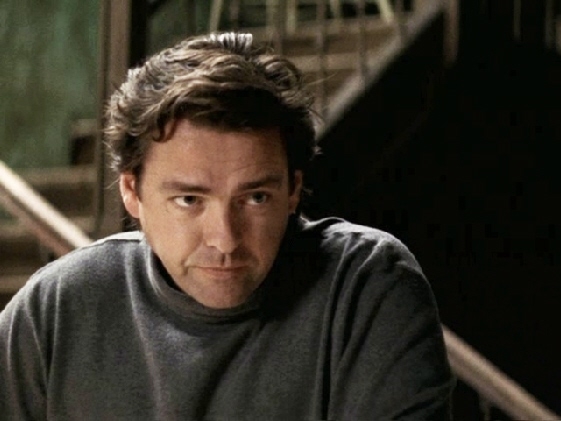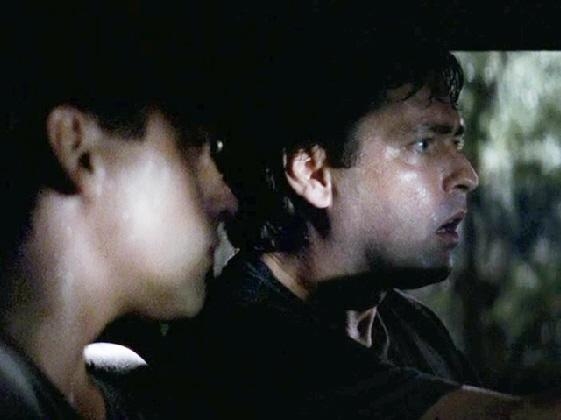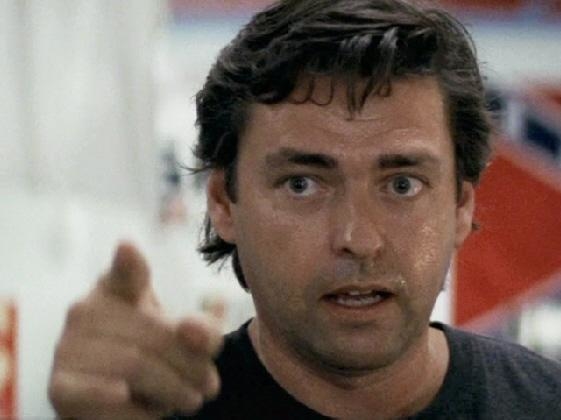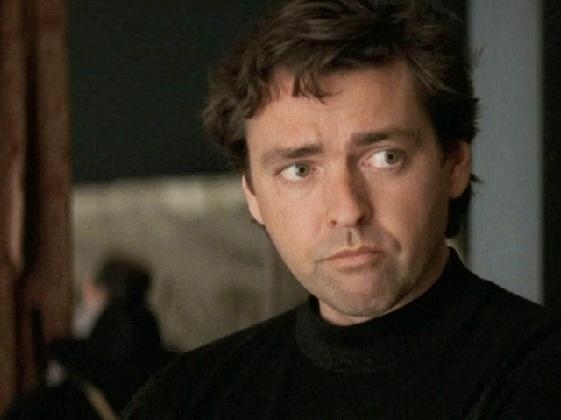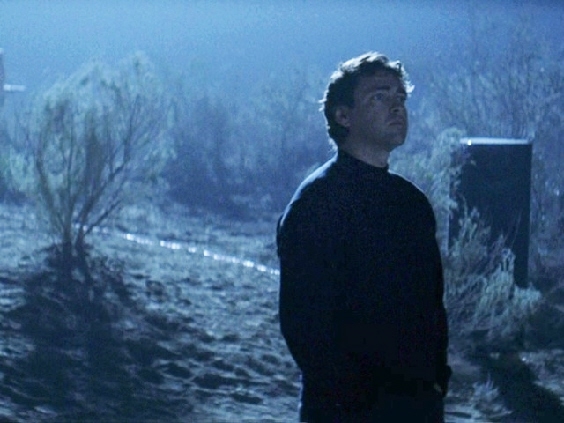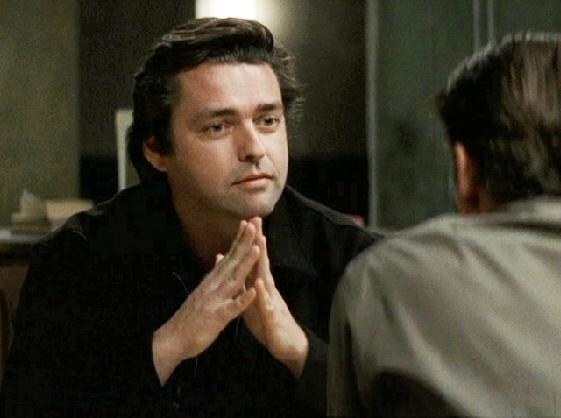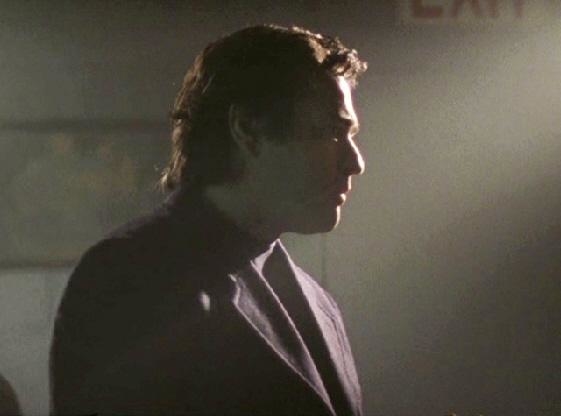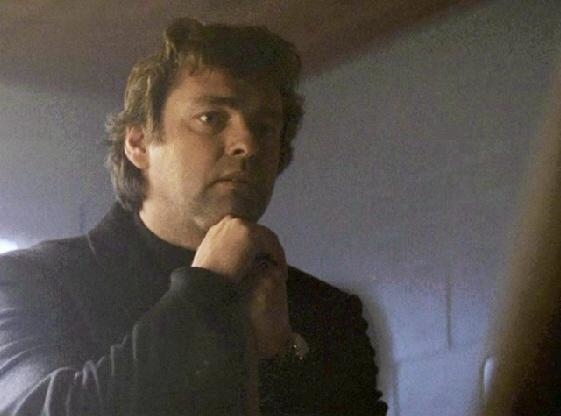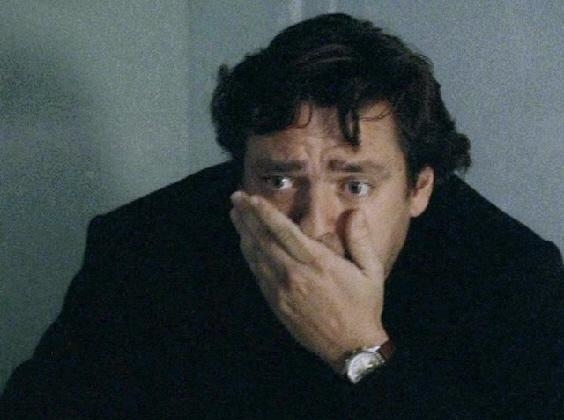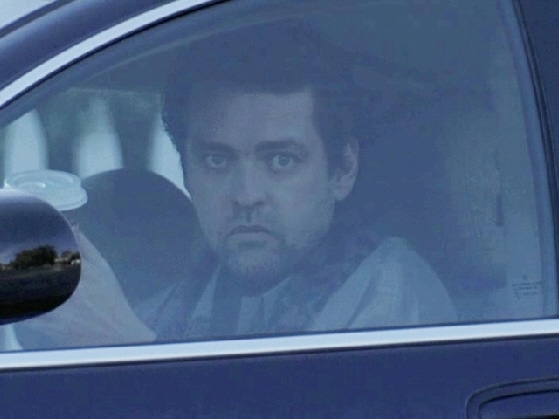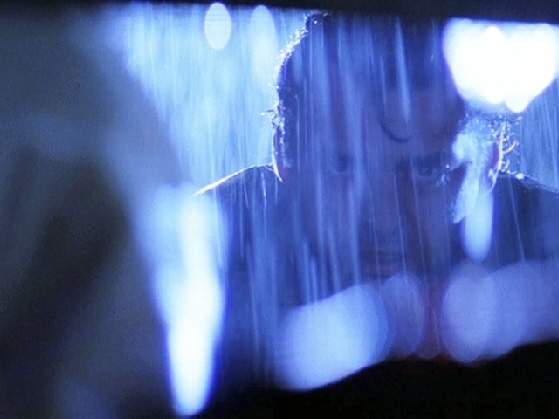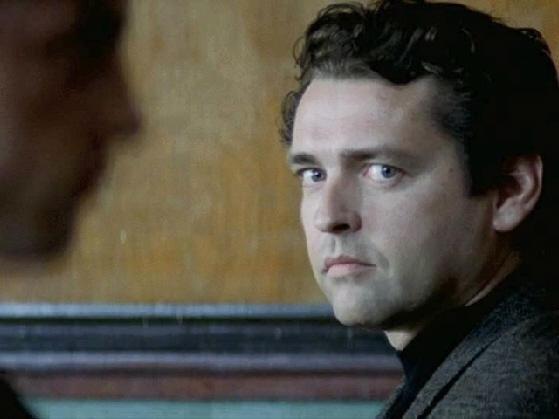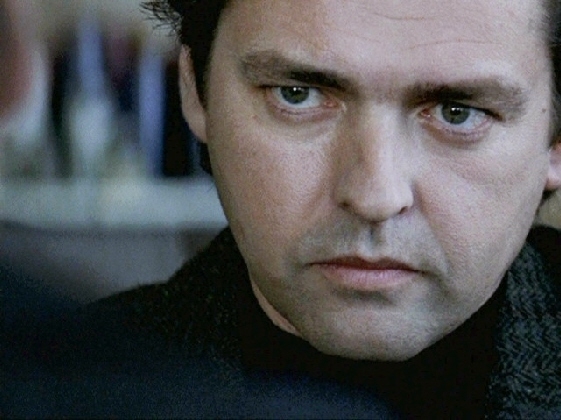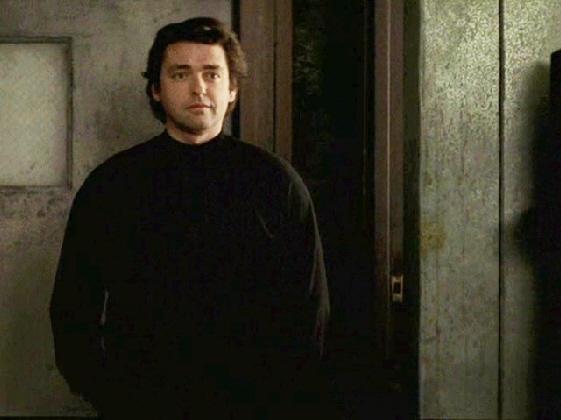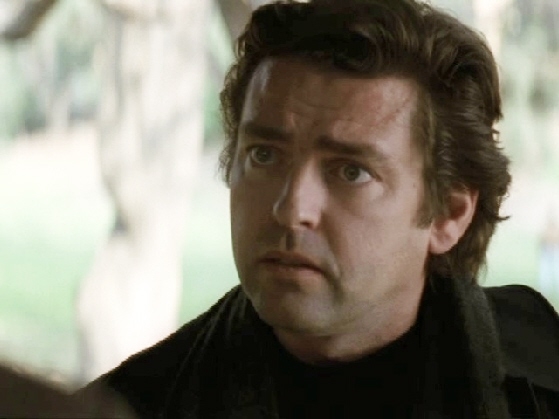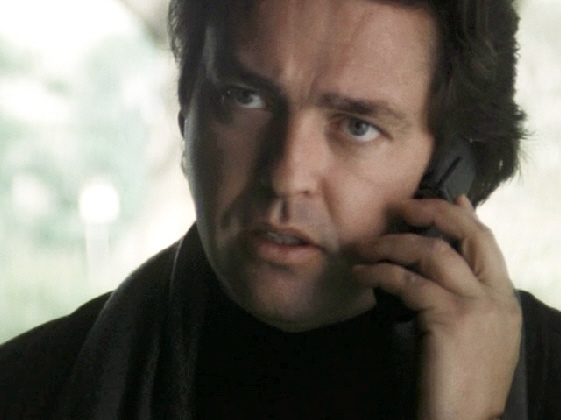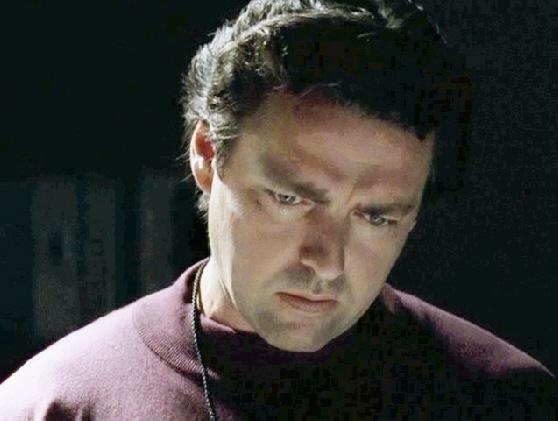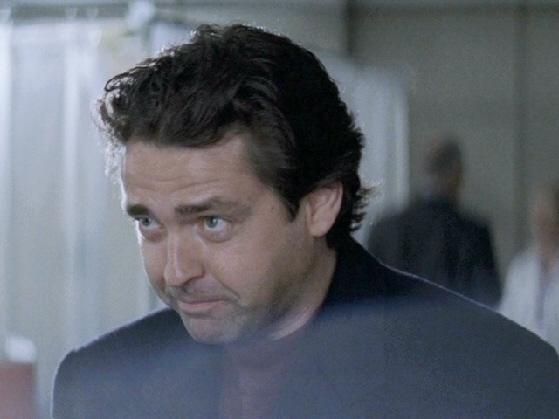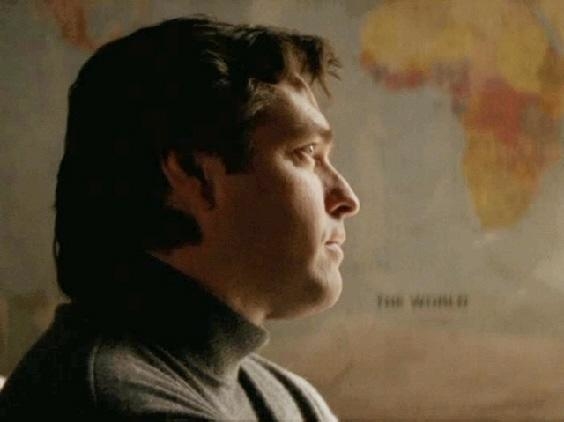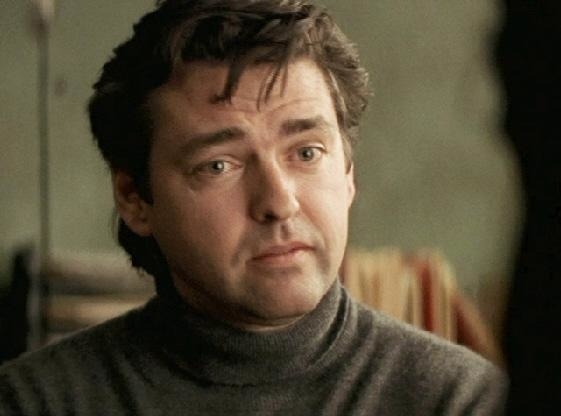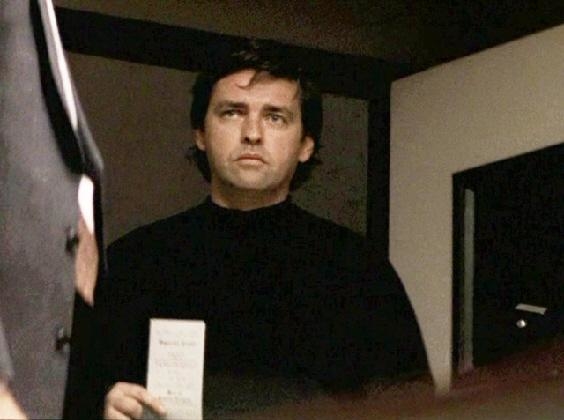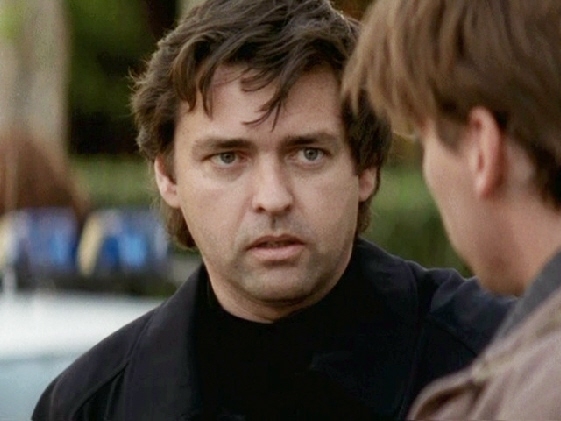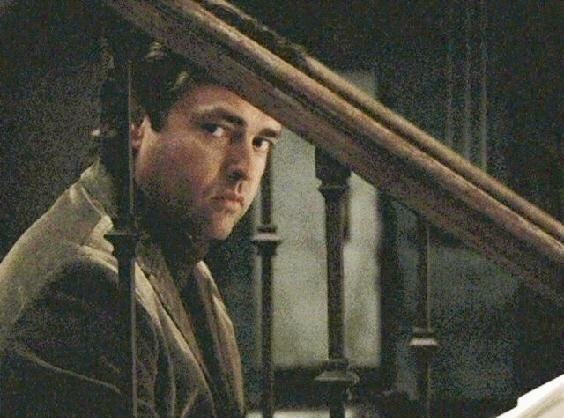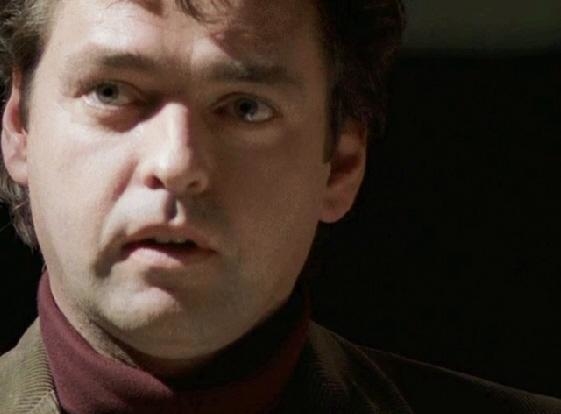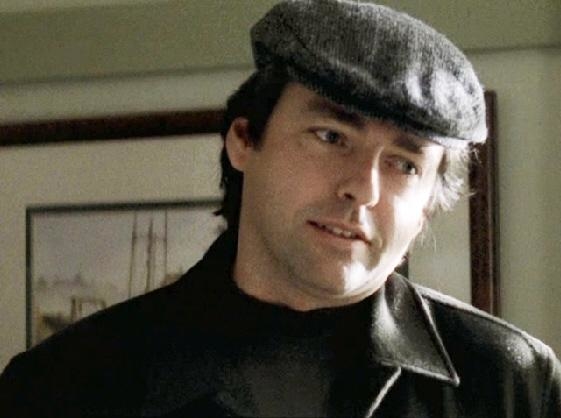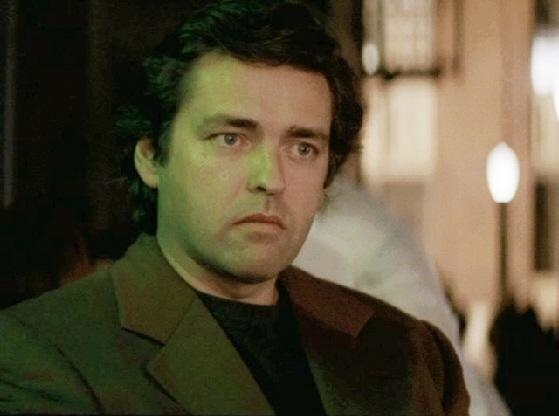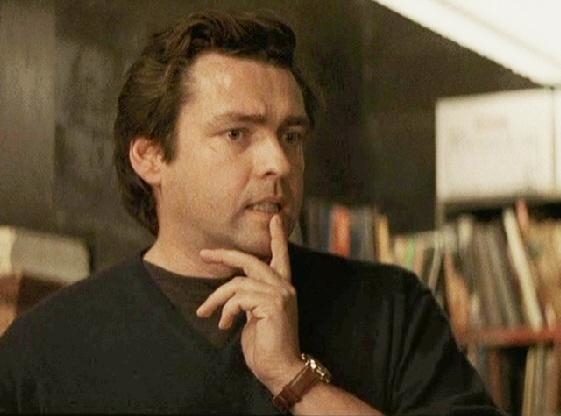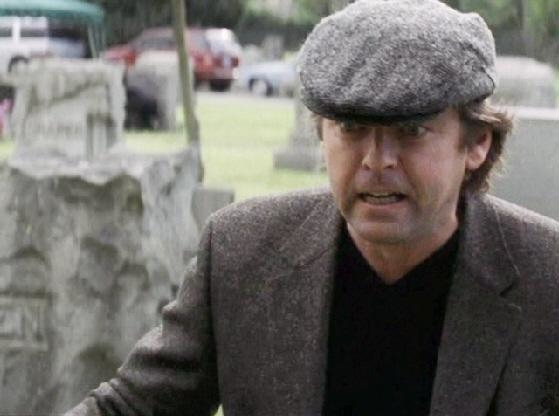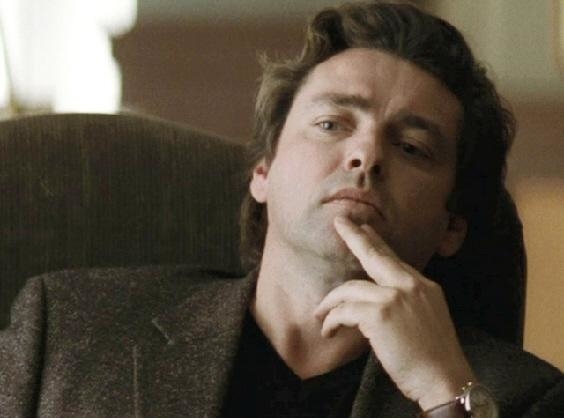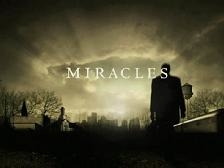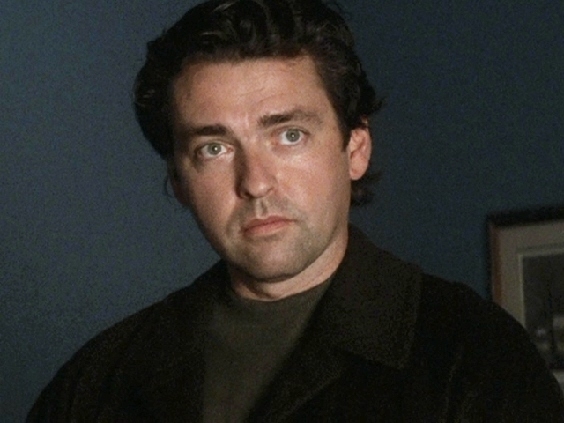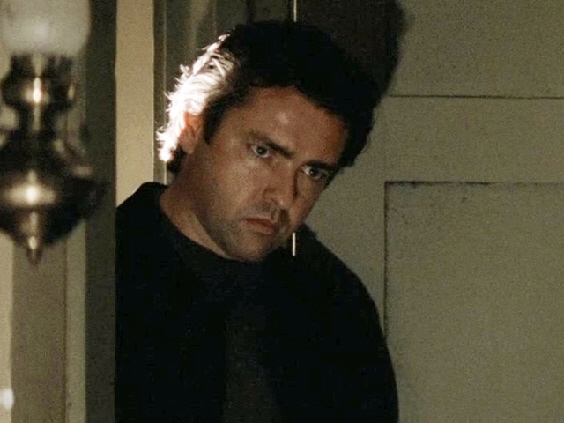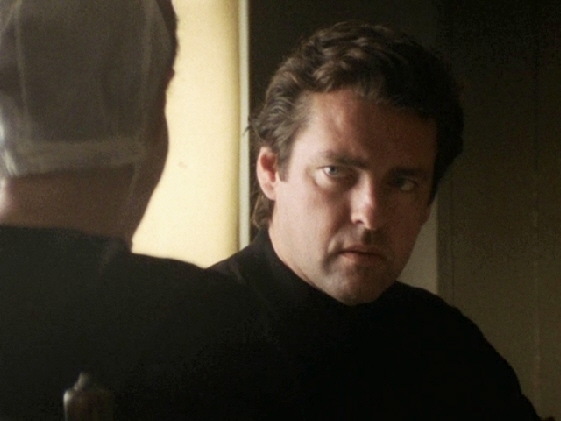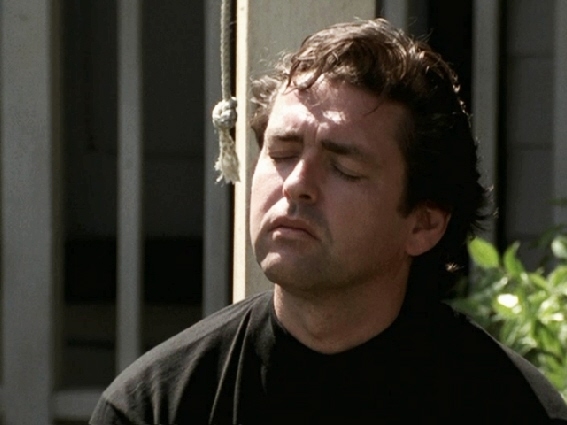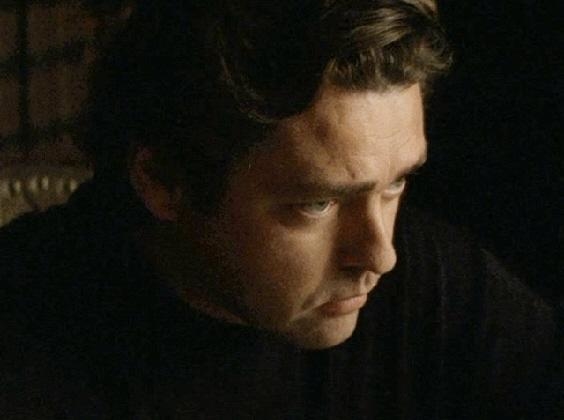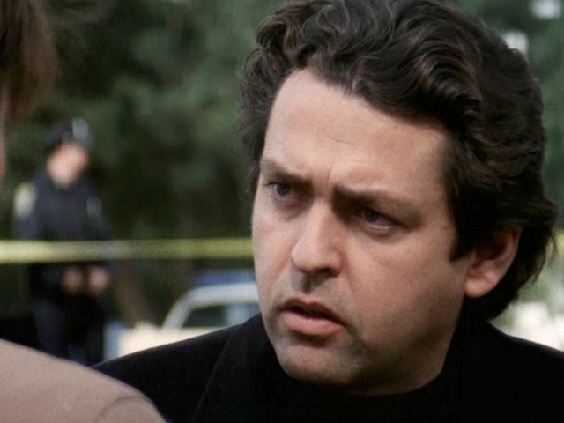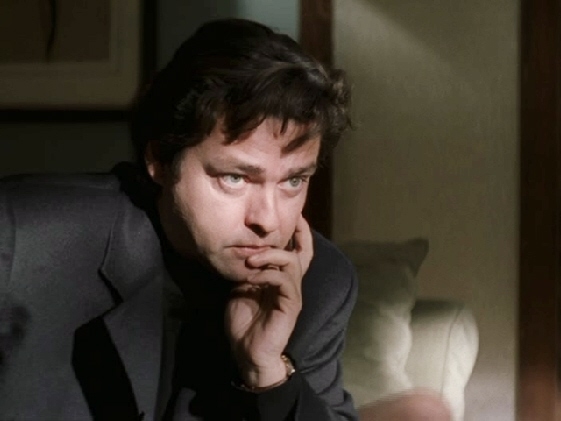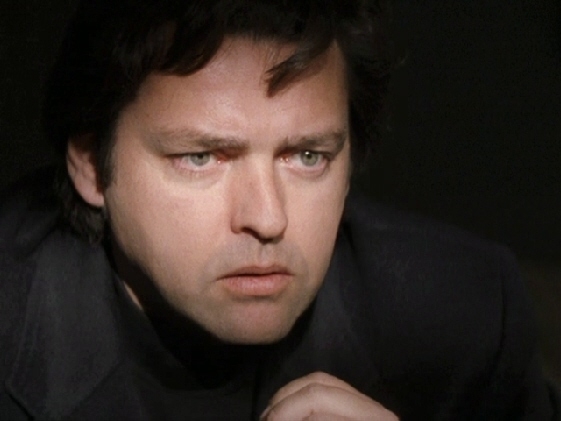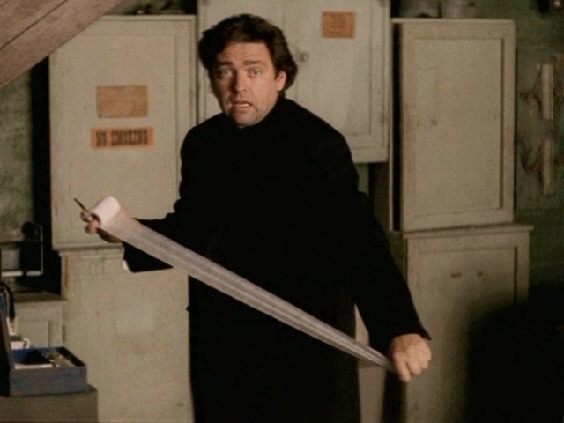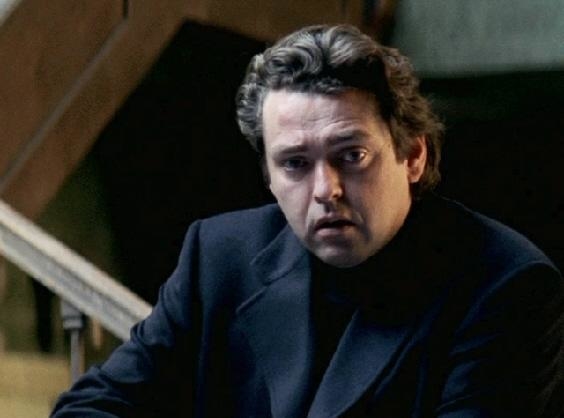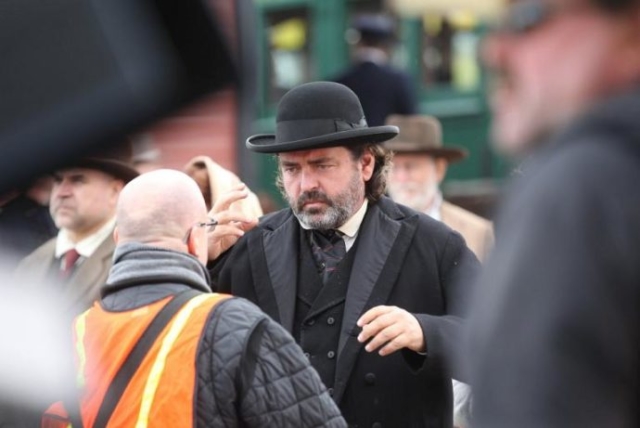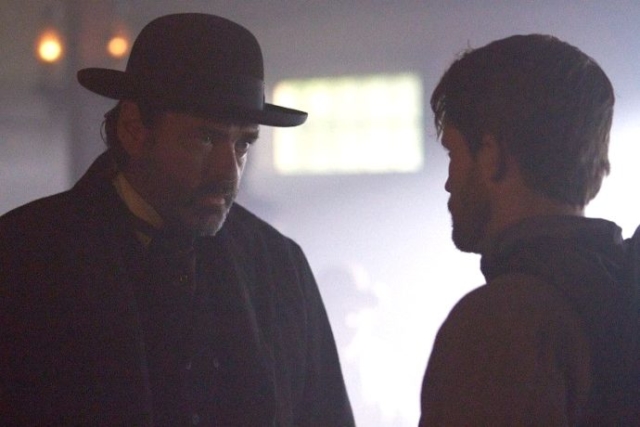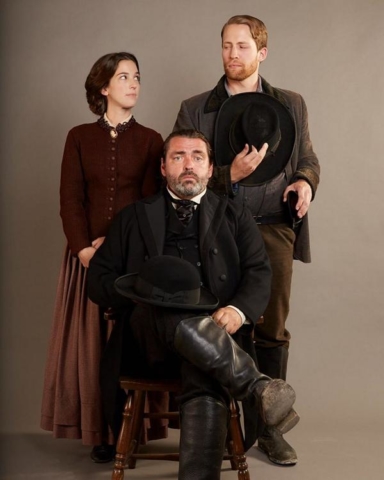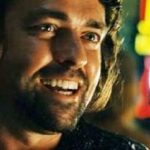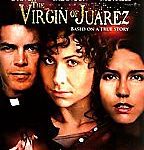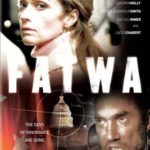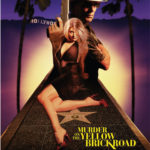Episodes 6.13 and 6.14, “The Thirteenth Step” and “Sense Memory” as “Sean McAllister” (CBS, 2011)
Television
Eleventh Hour
Psych
Television Series Appearances
‘Soldier Soldier’ as “2nd Lt. Alex Pereira” (Central, 1992)
‘Takin’ Over the Asylum’ as “Fergus MacKinnon” (BBC Scotland, 1994)
‘Liz: The Elizabeth Taylor Story’ as “Richard Burton” (NBC, 1995)
‘Miracles’ as “Alva Keel” (ABC, 2003)
‘Spartacus’ as “Marcus Licinius Crassus” (USA Network, 2004)
‘5ive Days to Midnight’ as “Roy Bremmer” (Sci-Fi Channel, 2004)
‘Killer Wave’ as “John McAdams” (Sky One, 2007)
- U.S. Debut 05 Aug 07 on ION Network
- U.K. Debut 10 Jan 07 on Sky Network
- DVD Released 16 Oct 07
‘Californication’ as “Julian Self” (Showtime, 2008)
Television Series Guest Appearances:
- ‘Care’ (Yorkshire Television, 1992)
- ‘God of Happiness’ (Channel Four, 1992)
- ‘The Rich Inner Life of Penelope Cloud‘ as “Claude” (ABC, 2007)
- ‘Eleventh Hour’ Episode 1.3, “Agro” as “Jason Cooper” (CBS, 2008)’Tilt’ Episode 1.3, “The Whale”
- ‘Tilt’ Episode 1.3, “The Whale” as “Roy ‘Mac’ McEntyre” (ESPN, 2005)
- ‘Alias’ Episode 5.7, “Fait Accompli” as “Joseph Ehrmann” (ABC, 2005)
- ‘Alias’ Episode 5.12, “There’s Only One Sydney Bristow” as “Joseph Ehrmann” (ABC, 2006)
- ‘Alias’ Episode 5.13, “30 Seconds” as “Joseph Ehrmann” (ABC, 2006)
- ‘Lie To Me’ Episode 2.12, “Sweet Sixteen” as “Jimmy Doyle” (FOX, 2010)
- ‘Psych’ Episode 5.5, “Shawn And Gus In Drag (Racing)” as “Logan Paget” (USA Network, 2010)
- ‘Criminal Minds’ Episodes 6.13 and 6.14, “The Thirteenth Step” and “Sense Memory” as “Sean McAllister” (CBS, 2011)
Script Library – Currently Closed For Renovations
Adult Disclaimer
Please be advised that by clicking on any of the following links, the visitor confirms that he/she is of legal age to read adult-oriented material and understands that some contents may be considered sexually explicit or profane, and thereby accepts full responsibility for their reading.
All scripts copyrights and rights reserved to Mr. Macfadyen. Please click to view in your browser, or right click to download a PDF.

More Photos
Miracles Images
The Pinkertons
Mr. Macfadyen is currently appearing in ‘The Pinkertons’ in the role of “Allan Pinkerton” —the series debuted 04 October 2014 in the US.
SPARTACUS – From Slave to Freedom Fighter
By Faridul Anwar Farinordin
For the crew of the mini-series ‘Spartacus’, translating an epic story into a small-screen version proved to be a challenge of sorts. FARIDUL ANWAR FARINORDIN writes.
MOST of us know the story of Spartacus – at least the film version told in the 1960s big-screen epic adaptation directed by Stanley Kubrick and starring Kirk Douglas.
Based on a book by Howard Fast, the sword-and-sandal epic tells the story of a slave who turns into a rebel leader and causes problems for the Roman Empire. It’s a tale of justice, courage and freedom and therefore, is worth re-telling for the contemporary audience.
True enough, another version of the story was released in the United States recently.
Made for TV by the USA Network Original (who also gave similar themed mini-series including ‘Helen of Troy’ and great programmes ‘4400’ and ‘Monk’), the two-part mini-series will be aired tonight (10 pm) over Star Movies (Astro Channel 42).
Directed by Robert Dornhelm, the teleplay is written by Pulitzer Prize-winning writer Robert Schenkkan based on the same novel by Fast.
The mini-series stars Goran Visjnic (the Croatian-born hunk, last seen in ‘Elektra’), Alan Bates, Angus Macfadyen, Rhona Mitra, Ian McNeice, James Frain, Henry Simmons, Ross Kemp and Ben Cross.
“I love history. With Spartacus, the story is timeless. It continues to affect us on so many different levels,” said the show’s executive producer Adam Shapiro on his decision to revisit the story.
Also the senior vice-president of programming at USA Network, he said the mini-series looks at the story from a different perspective. “We wanted to do something different than the (1960) movie. We have to understand that the writer (Fast) was in jail when he penned the story. There are powerful themes in there that we feel need to be addressed.
“We didn’t want to do a remake. In the mini-series, you will not see some of the scenes that were in the movie. We also have a different ending,” he said.
Shot in Bulgaria, its production crew of 32,000 people included natives of 14 countries including Slovakia, Britain, Hungary, Italy, Austria, Bulgaria, Lithuania, Denmark, Germany, Malta, Morocco, Croatia, Spain and the United States.
“Dornhelm speaks eight languages so he pulled off the task of putting the series together commendably. For me, it was interesting to see people from different cultures working together in the making of this movie. It mirrored what happened in the story – Spartacus led slaves from different parts of the world into freedom.”
Shapiro, a graduate from New York University with a degree in marketing and film/TV, said the main challenge in translating an epic story into a small- screen version was in the technical filming aspect.
“We have a lot of battle scenes and gladiator combat that would look good on wide-screen format for movies, but not for TV. So we avoided sweeping wide shots. Instead, we focused on emotions, which means a lot of close-up shots for the small screen.”
The epic was shot in 65 days. “There was an enormous amount of planning due to the sheer number of people involved, mainly in logistical and co-ordinating aspects – they gave me nightmares which I compared to going to a battle!”
Although comparison with the 1960s movie version is inevitable, Shapiro was not worried. “A lot of people preferred our (mini-series) version of ‘Helen of Troy’ when it was released, compared to the big-budgeted film version, ‘Troy’.
“With ‘Spartacus’, some of the scenes in the classic film look so outdated, even silly at parts. With the latest filmmaking technology for TV, we can now give better treatment to the story and do a better job as compared to a 1960s motion picture.”
At last year’s 2004 Emmy Awards, the mini-series was nominated for Outstanding Sound Editing For A Miniseries, Movie Or A Special.
‘Spartacus’ was the last movie for the renowned English-born actor Bates (as Roman senator ‘Agrippa’), who died in December last year at the age of 69 due to liver cancer. He never got to see the finished product, as the mini-series only premiered in the US in April.
“He was actually in severe pain at the time of the shooting, but he never complained. He always pushed himself and his performances were magical to watch. It was a pleasure to have him in the movie,” Shapiro reminisced.
An Interview With Miracles HQ
“Had I the heavens’ embroidered cloths,
Enwrought with golden and silver light,
The blue and the dim and the dark cloths
Of night and light and the half-light,
I would spread the cloths under your feet:
But I, being poor, have only my dreams;
I have spread my dreams under your feet;
Tread softly because you tread on my dreams.”
“He Wishes For The Cloths Of Heaven” by William Butler Yeats
A dreamer, an artist, an actor and a gentleman: these are but a few simple terms to describe Mr. Angus Macfadyen. From his early works as Philip in The Lost Languages of Cranes, to his more recent guest turn as Mac on the ESPN series Tilt, Angus Macfadyen has continually shown his ability to take a character and make it his very own. Whether portraying men like Richard Burton, Peter Lawford, even Orson Welles, or intense fictional characters, such as Dupont in Equilibrium, Mr. Macfadyen can easily bring a writer’s dream to life with his complete attention to detail. As Alva Keel, the complicated and sometimes broody paranormal investigator of Miracles, Mr. Macfadyen came into our living rooms for an all too brief period of time, while showing us that believing in the unbelievable perhaps was not as strange as we had been taught as children. As Alva Keel, he gave us justification to be afraid when the lights go off and darkness prevails.
So what goes on in the mind of such an accomplished, 21st Century Renaissance Man? Miracles HQ recently had the unique opportunity to ask Mr. Macfadyen some questions on his acting, his art, and on things in general. He was gracious enough to take time out of a very hectic schedule of filming to answer them all.
For this, you have our deepest gratitude, and we thank you, Mr. Angus Macfadyen.
Laurel “Sailorhathor” Wilson: “What has been your favorite role to date?”
Angus Macfadyen: “My life.”
L.W.: “What are your favorite types of roles to play?”
A.M.: “Variety is the spice of life, in all things, or boredom ensues.”
L.W.: “Do you prefer playing ‘good guys,’ ‘bad guys,’ or ‘gray area’ characters, or do you enjoy playing them all for different reasons?”
A.M.: “Each character teaches me something new about who I am, it’s like tuning into different wavelengths on the radio, each a different thought process, thankfully I have this job or they’d have locked me up long ago…. (I think they’re still after me….)”
Lara Giesbers: “What do you feel has been your most challenging role?”
Angus Macfadyen: “Each is a new challenge…have to learn to ‘act’ anew each time.”
L.G.: “You’re in so many different projects, and always come off so versatile. I’d like to know what you think is the biggest challenge for you as an actor?”
A.M.: “Getting up at 4 am on Monday morning.”
Heather “Rekka” Link: “Miracles – related: How did you see the relationship between Alva Keel and Paul Callan? Was it more brotherly or sort of fatherly, too?”
Angus Macfadyen: “Fatherly, somewhat that of Freud to Jung.”
H.L.: “What did you think of Alva Keel compared to other characters you have played in the past?”
A.M.: “Well, it being serial tv, I couldn’t really get a bio from the writers because they had no idea either where the whole thing was going, which was rather alarming to say the least, means you have to do as little as possible so as not to contradict yourself in the future…fear based character driven choices, not me cuppa tea.”
H.L.: “Was Alva Keel unique, or were you able to relate to the character in some way?”
A.M.: “I related to the obsession with paranormal events, as I have experienced quite a few of these from another dimension….”
H.L.: “If the series had continued, where do you think the story of Alva Keel and Paul Callan would have gone?”
A.M.: “No clue what they had in mind, I had my own script, which I think I’ll put on line actually….”
H.L.: “What was your most memorable moment while working on Miracles?”
A.M.: “Finishing at 3 am on Saturday morning and being able to finally go to bed.”
H.L.: “What is your favorite episode, and why?”
A.M.: “The pilot. It was dark, it was mysterious, it was hope and fear in one gripping hour….”
Sherri “devisun” Washburn: “Out of acting, writing or painting, if you had to choose only one to do, which would it be?”
Angus Macfadyen: “Please don’t make me choose!!! Oh well, acting pays the bills and I just love it when they call action because it sounds like freedom to me.”
S.W.: “You have worked with many directors. Who has been your favorite, and who would you like to work with again?”
A.M.: “Andrzej Sekula. Tim Robbins. Robert Dornhelm.”
S.W.: “Snide and Prejudice was both hysterical and terrifying. How did you come by that role, and how was it working with Rene Auberjonois?”
A.M.: “It was offered to me a week before shooting, and I had more lines than Hamlet, and 10 days to shoot a 4 hour movie (since cut to 2). Rene is a very witty, fearless man, and generous to a G.”
S.W.: “Do you like working more on movie or television sets?”
A.M.: “Movies…playing the same ‘karakter’ every day week in and out year after year doesn’t appeal to the gypsy restlessness in me.”
S.W.: “How do you go about getting ready for a particularly intense role (i.e. Lanai-Loa and, especially, Snide and Prejudice)?”
A.M.: “I eat cockroaches.”
S.W.: “Do you enjoy making ‘Big Budget’ or ‘Indies’ more?”
A.M.: “Indies shoot faster so the energy carries you with it, big budgets are whales that tend to get beached and suffocate the creative flow.”
S.W.: “Would you rather be a character actor/supporting actor, as in Divine Secrets of the Ya-Ya Sisterhood, or would you prefer to carry a film?”
A.M.: “Someone said I am a character actor in a leading lady’s body. I had them tortured then shot.”
Angela “Paramitch” Mitchell: “When did you know you wanted to be an actor?”
Angus Macfadyen: “In the womb perhaps.”
A.M.: “What were your favorite movies or plays as a child?”
A.M.: “My childhood dream was to play 007.”
A.M.: “What training did you receive that has proven most valuable to you as an actor?”
A.M.: “Bette Davis once advised actors to ‘always take Fountain’ which is a street in Hollywood that never gets traffic jammed. I have followed her advice unflinchingly.”
A.M.: “You’ve done a lot of Shakespeare. Which role was your favorite, and why?”
A.M.: “Hamlet. Modern man. The conscience. Struggle between doubt and surrender to the inevitable. To be or not to be.”
A.M.: “Who do you, yourself, admire most as an actor?”
A.M.: “Anyone who hangs in there long enough to catch a break, because you will catch it.”
A.M.: “Your career has encompassed both Shakespearean and very modern or experimental roles. Do you approach modern or ‘Indie’ roles differently than Shakespearean or more classically theatrical roles?”
A.M.: “Nope. I stay up all night before the first day and get hammered. Then the rest of the shoot, I get a good night’s sleep.”
A.M.: “What was it like to work on Braveheart? Did you have any favorite moments while working on the film?”
A.M.: “Well, it’s special because it was my first Hollywood movie. Shot the last scene on the first day, and the horse was so jittery I had to get on Mel’s shoulders for the charge.”
A.M.: “What was it like to play Orson Welles in Cradle Will Rock, and how did you meet the challenges of playing such a well-known personality? Did you enjoy working with Tim Robbins?”
A.M.: “I ate 2 steaks and chocolate cake, and drank 2 bottles of wine a meal.”
A.M.: “What drew you to the role of Alva Keel in Miracles?”
A.M.: “The promise of mystery.”
A.M.: “Alva Keel always seemed like such a wonderful enigma. What little mannerisms or moments did you bring to the character that you didn’t find on the written page?”
A.M.: “Slammed that table in the pilot on ‘who said it was God?’ just to scare y’all. You should have seen Skeet’s reaction, which they cut. He jumped out of his pants!”
A.M.: “What did you do to prepare for playing the role of Alva Keel?
A.M.: “Learned my lines and turned up on time.”
A.M.: “What was your favorite thing about working on the Miracles set?”
A.M.: “Going home. I didn’t like the 16 hr grind of tv production. Didn’t like getting the script 1 day before starting the next episode.”
A.M.: “Did you actually pick up any Aramaic from playing Alva Keel?”
A.M.: “No, couple of Greeks though, and a Latino.”
A.M.: “Do you have any aspirations toward writing or directing yourself?”
A.M.: “Too damn lazy.”
A.M.: “How does it feel to be a thinking woman’s sex symbol?”
A.M.: “You think therefore I am?”
Laura “Tooky” McDonald: “What was your most difficult role?”
Angus Macfadyen: “Waking up each day and having a sense of humor.”
L.M.: “What was the easiest, in terms of preparation/performance, role for you?”
A.M.: “Well, Keel, because I didn’t have time to prepare, just say the lines.”
L.M.: “Were there any disappointing parts, as it relates to the finished work?”
A.M.: “Just finishing is disappointing, as Orson Welles said, by its nature, film acting isn’t fresh, it’s in the can as it were, it’s yesterday’s news.”
L.M.: “What role was the most fun?”
A.M.: “A certain schizophrenic who took himself for that fellow who looks like Charlie Chaplin.”
L.M.: “What character’s personality most reminds you of yourself?”
A.M.: “They all do. I can only bring myself to each role, it’s all I have.”
L.M.: “Will you be entertaining roles in more ‘Mainstream’ films, by that I mean Braveheart and Divine Secrets of the Ya-Ya Sisterhood?”
A.M.: “Question is, will they have me to the banquet, may I sit at the table, or shall I scurry beneath feeding off the crumbs that tumble from the orbit of the stars?”
L.M.: “In regard to your artwork: What or who inspires you?”
A.M.: “They say the soul is 99% outside us.”
L.M.: “What medium do you prefer to work in?”
A.M.: “Whatever comes my way.”
L.M.: “Though I dislike pigeonholing, what style would you consider your work to be?”
A.M.: “That of an earthbound creature taking flight.”
L.M.: “Does your work tend toward sending a message to the viewer or simply a reflection of how something makes you feel?”
A.M.: “Well, if I feel it, won’t you? And if I don’t, will you? Or is it all just illusion? Smoke and mirrors? A con job?”
L.M.: “Are your political/religious views reflected in your art? I ask, because I am intrigued by your few religious works. They seem very deep.”
A.M.: “Buddha says the secret of freedom is to act well without any regard for the consequences. That is the extent of my religion. And I don’t vote because I happen to think it doesn’t matter at this point in history. Has anyone noticed that the Sixties have returned?”
L.M.: “Did you receive formal training in painting and drawing or did you study on your own?”
A.M.: “I was a lonesome dove.”
L.M.: “When you are drawing or painting, what is your state of mind at the moment?”
A.M.: “IN the moment.”
Palakika “KeelFan”: “I’m just wondering, how the heck did Sherwood Hu get you for Lanai-Loa? And, hopefully, do you have good memories of working in Hawai’i?”
Angus Macfadyen: “Most of it was shot in Hainan, China. We were low budgeting, and checked into a slum brothel. The experience was far more eye-opening than the product which sits to this day gathering dust.”
Deejay “AlvaFan” Driscoll: “You are elected President of the Planet Earth. What is the first thing you do?”
Angus Macfadyen: “Resign.”
D.D.: “Do you associate a song or a piece of music with a particular time or place in your life?”
A.M.: “The Beatles and the Sixties maaan.”
D.D.: “If you were a song, which one would you be?”
A.M.: “Freebird.”
D.D.: “What was the last dream you vividly remember?”
A.M.: “There she goes, trying to get inside my head again.”
D.D.: “Which historical figure would you most like to have met?”
A.M.: “Well, I met Jesus a while back, and he told me it’s easier for an SUV to pass through the eye of a needle than for an oil baron to enter the kingdom of heaven, because it is within and you gotta love your neighbor as yourself to get there, which doesn’t seem to be happening at the moment, does it?”
D.D.: “What has been the best year of your life?”
A.M.: “It gets better all the time.”
D.D.: “Describe your favorite meal – appetizer, main course, dessert and beverage.”
A.M.: “Must we really? Alright, like Kissinger, I’d start with Cambodian noodles, then I’d move like Reagan into Grenada juice, then for my main course I’d have a good ol’ whoppin’ GW IrAquiburger, and for dessert, well, how ’bout some Kim Il Jung lychies.”
D.D.: “What physical attribute do you a) least, b) most like about yourself?”
A.M.: “You’re starting to sound like the Hollywood Dental Quiz. Do you like your smile? It’s the only one I have.”
D.D.: “What do you think will happen to you when you die?”
A.M.: “There will be no more me. Just the dream, or God, for want of another word, actually the word is That. I am That I am.”
D.D.: “Most embarrassing moment ever?”
A.M.: “Well, coming out of the womb looking like that must have been pretty damn embarrassing, but luckily I’ve successfully blocked it out.”
D.D.: “Read any good books lately?”
A.M.: “Krishnamurti.”
D.D.: “Is there anything you regret that you have never found time enough to do?”
A.M.: “Well, the dentist says I still don’t spend enough time brushing my teeth in the morning, just can’t seem to stand there for longer than 15 seconds flat.”
D.D.: “What is the worst thing you are willing to make public about yourself?”
A.M.: “That I’m a truly decent human being, really, I am.”
D.D.: “How do you spend a day off at home?”
A.M.: “Answering bloody long questionnaires.”
D.D.: “What other career would you like to have had?”
A.M.: “Disposal expert sounds pretty exciting, doesn’t it?”
D.D.: “When was the last time you really cried?”
A.M.: “I don’t cry. There is only love in the universe…we just need to focus a little harder folks.”
D.D.: “Do you have a hero or heroine?”
A.M.: “The fool on the hill sees the world spinning round.”
D.D.: “Where is your favorite place in the whole world to go when you want to be alone?”
A.M.: “I swim with the fishes.”
D.D.: “If you could go back in your life and change just one thing, what would it be?”
A.M.: “Oh, why change a thing? The world is gloriously imperfect, it’s a stage as Billy said, and we are but players, and our little life is rounded with a sleep. Now stop fucking waking me up with all this niggling questions, I need to dream.”

